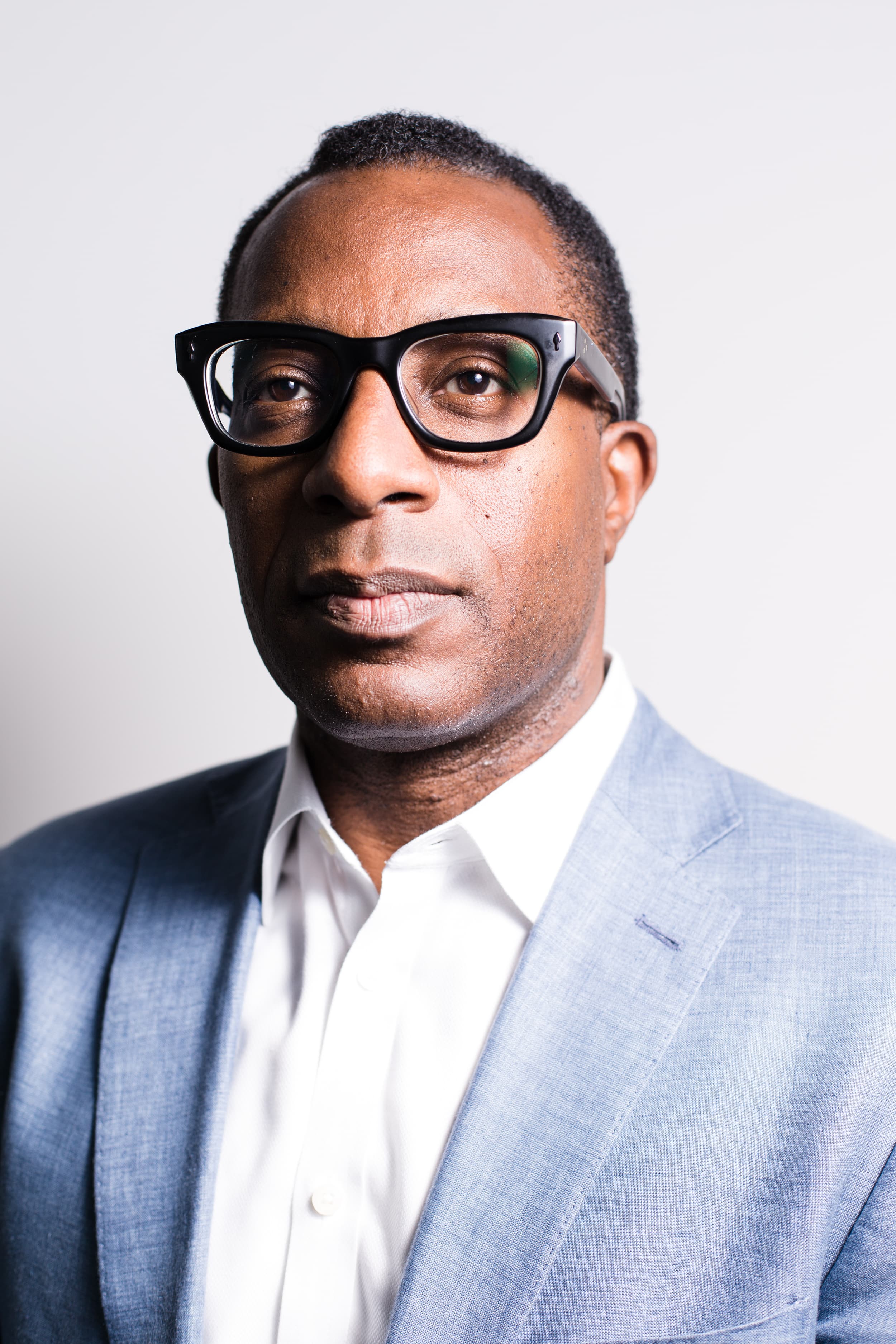 Walter Pryor is Ceannate’s advocate in Washington and elsewhere, where he fights to impact public policy to enable the student loan and student relationship management services company’s strategic vision. Here, he expands on not only improving government relations but how Ceannate is helping students avoid defaulting on loans.
Walter Pryor is Ceannate’s advocate in Washington and elsewhere, where he fights to impact public policy to enable the student loan and student relationship management services company’s strategic vision. Here, he expands on not only improving government relations but how Ceannate is helping students avoid defaulting on loans.
Modern Counsel: You’ve worked in commercial litigation. You’ve been in the Department of Justice and worked for a US senator. What drew you to Ceannate?
Walter Pryor: We have three companies that work across the student loan life cycle. I saw in Ceannate a company that was taking an innovative approach to doing good by promoting financial literacy and preventing default in federal student loans.
MC: And Ceannate needed a more robust government relations function?
WP: Exactly. Ceannate was developing and deploying online loan management tools and already had a broad scope of offerings to enhance services offered to students. I jumped at the chance to come in and help formalize the government relations function. I had worked with clients who had established functions, but in those instances, I was helping them execute.
MC: What were Ceannate’s existing efforts?
WP: Our CEO had been active in Washington, but he obviously has other duties. There wasn’t a strong, focused effort with outlined goals, clear strategies, and consistent partners.
MC: Why did government relations become a priority?
WP: I think our leaders knew that what we do is influenced by federal policy. We’ve developed years of expertise in this area, so why wouldn’t we want to be part of helping create those policies?
MC: Which initiatives, working with legislators, did Ceannate have an opportunity to contribute to?
WP: There are numerous opportunities in student loan management. Helping borrowers avoid delinquency and default, promoting benefits that assist borrowers in repayment, and helping employers engage in the repayment process are all areas where we can play a role and bring value.
MC: But why would Ceannate want to decrease defaults if one of its companies collects those funds?
WP: We’re more forward-thinking than that. With five million borrowers in default out of almost sixty million student loan borrowers, those borrowers deserve help, and we provide service where there is a need. If defaults end, that is a good thing. We are positioned for growth because we are engaged along the entire life cycle. Two of our companies could put the first out of business, sure, but with over $1 trillion borrowed in student loans, it will be quite some time.
MC: Which policy changes are you advancing?
WP: The president has proposed changes to the Telephone Consumer Protection Act first enacted in 1991. It was originally meant to stop telemarketing calls, but the interpretation of the statute has become so restrictive that it’s hard to reach borrowers efficiently. More than 80 percent of defaulters say they’ve never even talked to their servicer, so they don’t know their options. Being allowed to reach them more efficiently—which requires a change in this act—would actually be a win-win, so we have to educate lawmakers and the public on this need.
MC: Is there anything else Ceannate wants to work on?
WP: We have a lot of ideas. Another idea is to change the way loans are administered so students receive monthly payments instead of one large lump sum. We argue that would encourage budgeting, decrease the temptation to use the loan on non-necessities, and help reduce loan amounts if a student drops out of school.
“Those borrowers deserve help, and we provide service where there is a need. If defaults end, that is a good thing.”
MC: Tell me about setting up the government relations function. Which steps did you have to take?
WP: My previous work showed me how important it was to find the right partners and consultants, so I took our company’s leaders to Washington for a day of meetings and a brainstorming session with potential partners. We discussed our objectives, strengths, weaknesses, opportunities, and threats. We developed strategies and desired outcomes.
MC: Why was that valuable?
WP: It gave our senior team the chance to work with different personalities and test chemistry before we brought on a partner. This is an investment of time and money, so I wanted to get buy-in from executives. We piloted three groups and now work exclusively with the Podesta Group.
MC: Was it difficult to launch the government relations function?
WP: We learned some lessons along the way.
MC: Such as?
WP: Washington can be a slow place, even when it comes to good policy. Be patient and look for the big picture. It often takes time. Find the people who have similar objectives, and support them in the fight.
MC: How do you stay committed when things seem slow?
WP: You have to believe in what you do. Remind yourself of what you set out to accomplish. When things get hard, it’s important to remember the goals you had on day one.

